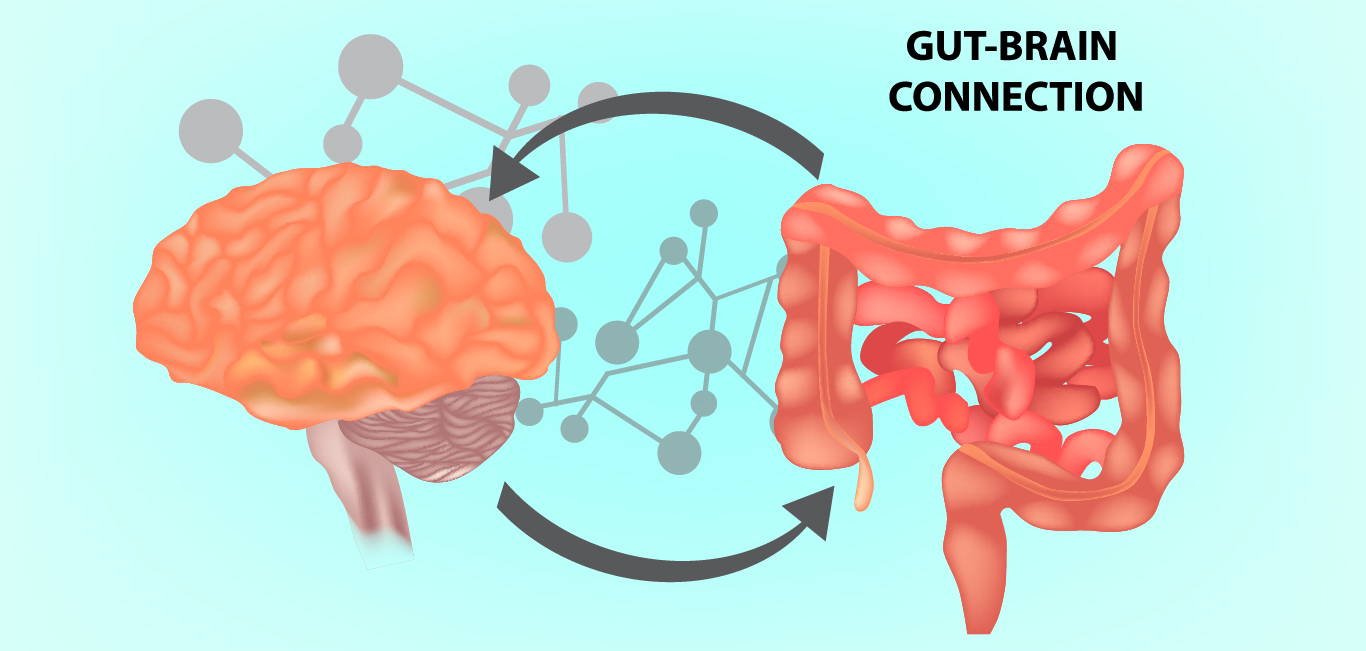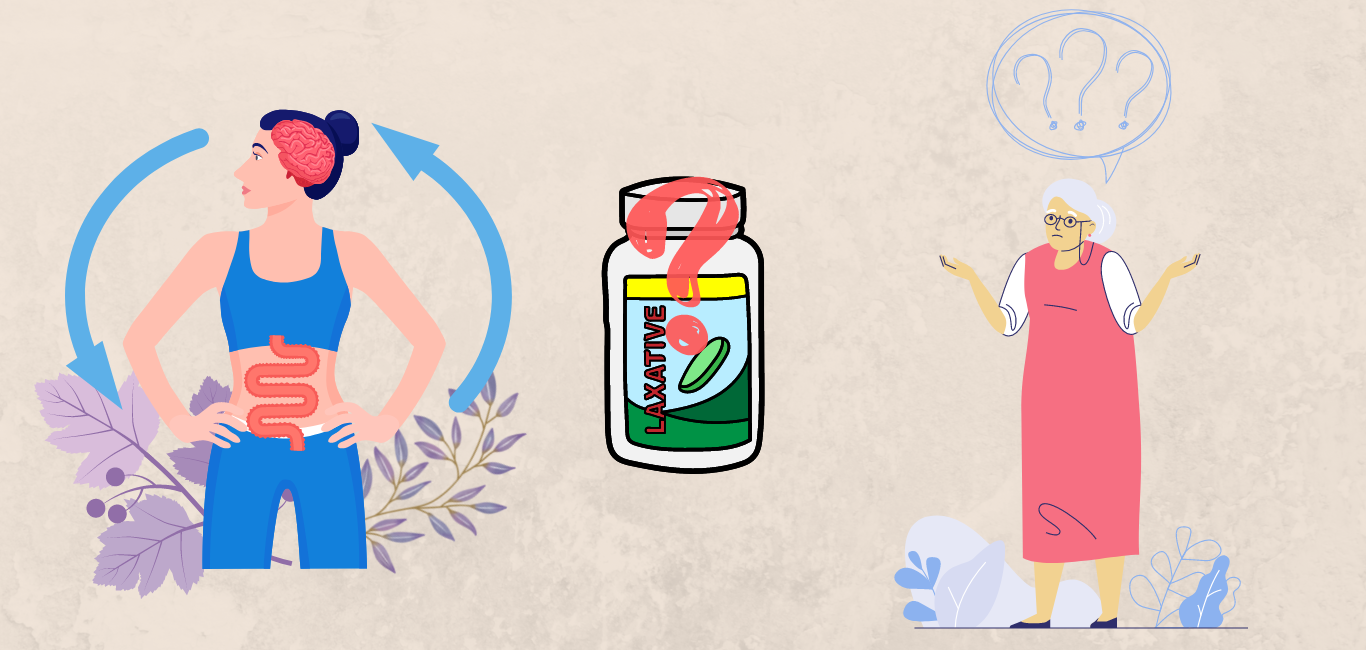
Research in recent years is increasingly establishing a strong relationship between the gut and the brain. This link becomes even more evident with studies now showing that stroke causes a leaky gut.
According to the American Heart Association, when the blood supply to the brain is insufficient, it can lead to cerebrovascular stroke. In addition, a stroke increases the chance of developing depression and other cognitive disorders.
Harnessing this connection, scientists from the Texas A&M University School of Medicine, USA, explored the possibility of treating post-stroke symptoms of cognitive decline via the gut.
“Evidence from studies on humans and animals supports the idea that stroke results in gastro-intestine complications including a leaky gut,” says Dr Farida Sohrabji, an author of the study and a professor of neuroscience and experimental therapeutics at Texas A&M School of Medicine.
In their study, the team transplanted the intestinal stem cells of healthy mice in other mice that had stroke conditions. They found that the post-stroke symptoms, such as cognitive decline and memory loss, had significantly reduced in the second set of animals.
Read more: This headband detects onset of strokes in minutes
The leak loop
Studies with people have shown that cerebrovascular stroke affects the gut. Furthermore, these adverse effects persist post-stroke as the person also experiences digestive disturbances like inability to control stool evacuation, difficulty swallowing, and intestinal paralysis.
Strokes breach the cementing in the gut wall, causing toxic waste to leak out of the digestive tract. The oozing waste matter triggers inflammation and releases specific immune molecules called cytokines.
However, increased levels of cytokines interrupt the absorption of nutrients by the body, and this also affects the brain. Lesser nutrients to the brain cause cognitive decline and memory loss.
‘Gut healing’
In the current study, scientists took epithelial cells from the gut wall of healthy rats, some young and some aged. The epithelial cells have regenerative properties as they hold stem cells.
Then, they transferred these cells to another group of young and aged rats with stroke conditions. The rats were screened to gauge the effect of transplantation.
Before transplantation, the gut lining of the mice with stroke showed damaged villi (projections in the intestines that help absorb nutrients). They noticed that the transplanted stem cells could fix the leaky gut in the stroke-affected rats as more intact villi were observed.
Read more: How disease-in-a-dish model could help treat brain disorders?
Next, they checked the behavioural and cognitive abilities of the diseased mice after their guts were repaired. The scientists saw that the mice with transplanted gut cells interacted better with each other than the other set. Their cognition parameters had improved in terms of spatial awareness and memory.
The researchers also found that stem cells from the younger healthy mice had more potential for regenerating the damaged gut than those from the older healthy mice. This also established that the regeneration capacity of gut cells reduces with age. It parallels why older people are susceptible to gut-related issues and respond poorly to treatment.
Thus the researchers concluded that transplanting of gut stem cells could be a novel way of treating stroke-induced cognitive impairment.
Prospects of the study
Dr Sohrabji says that though the study is preliminary, the technique would benefit stroke recovery in the future. These findings would broaden the horizon of understanding ways of treating cognitive decline, especially in older people. It also shows promise in reducing post-stroke complications, thus enhancing the process of recovery.
“The goal is to examine if there are other ways to improve stroke recovery by targeting the gut using growth factors or similar trophic factors,” says Dr Sohrabji. However, she adds that further validation is required as this therapy is yet to be done in humans, which would also help to identify when to perform stem cell transplantation for successful treatment.
















